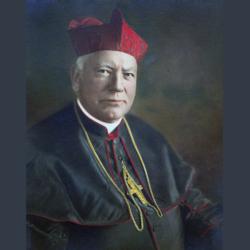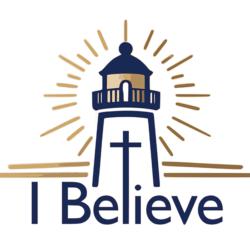Answers in Ordinary Time
"Will this be on the exam?" Anyone who is a teacher will recognize this question as one that erupts like clockwork when midterm or final exam season rolls around.
Intellectually, I know that students are likely to ask this question out of fear. Often, time is short and reading assignments are long. Thus, practical and efficient students want to know how to make the best use of their time. I understand that.
Yet, every time I hear this question, I wonder whether the student asking the question is someone who wants to do the absolute minimum and is not motivated to do more. I wonder if he or she lacks interest in the subject so much that learning anything deemed "unnecessary" has no value. Most troubling, I worry that students asking this question are concerned only about the short-term. They want the security of a good grade next week but are unconcerned about the long-term value of learning what will be useful, interesting, or necessary long after the semester is over, and their final grades are earned.
I have to admit that it is easy to belittle this frustrating question. It has, after all, been a very long time since I have sat for a final exam! Yet, more recently, I have found myself a bit more sympathetic to this question because I understand it. As Lent unfolds, I understand the temptation to be like students who wonder, "Will this be on the exam?"
There is security that comes from knowing exactly what is necessary to do. Maybe I no longer wonder, literally, what will be on the exam. Yet, I understand the temptation to want exact guidance on what I need to know, what I need to do, and what I can disregard or ignore. I want the checklist for life itself. On more honest days when life gets too busy and distractions are too many, I want to know what will be "good enough." When Lent begins, I want to know the perfect plan to use my time effectively.
Yet, adult life is not like that. It gives no satisfactory answers because, in truth, every aspect of every minute of every day is important. I can tell a worried student, "You need not study Chapter 4 for the exam." But, in life, everything matters.
When Christ was asked what was necessary for eternal life, his interlocutor sounded a bit like one of my students. He wanted a succinct, easy guide to what would be required of him. Christ's answer was, indeed, succinct -- but not easy. He replied with those familiar words, "You shall love the Lord your God with all your heart, with all your soul, with all your mind, and with all your strength," and "You shall love your neighbor as yourself." (Mk. 12:30-31).
This gives me a bit of the uneasy feeling I suspect my students have if I tell them that "all" will be on the exam -- both the landmark cases that we study and the more subtle commentary on a peculiar quirk in the law. In life, loving God and neighbor with "all" that we have includes both the big decisions that set the trajectories of our lives -- and the more mundane, seemingly ordinary choices we make when we call a lonely neighbor, keep an unkind word unsaid, and offer God a heartfelt prayer of thanks when a first flower of spring pops through the snow.
I know that God guides our steps, and that openness to His invitations -- particularly during Lent -- is the way to know how the lives we lead are to please Him. But these answers do not come in easy lists or assignments that can be checked off and completed. It is, instead, the project of a lifetime to love God and neighbor with all our heart, soul, mind and strength for all the days of our ordinary time.



















